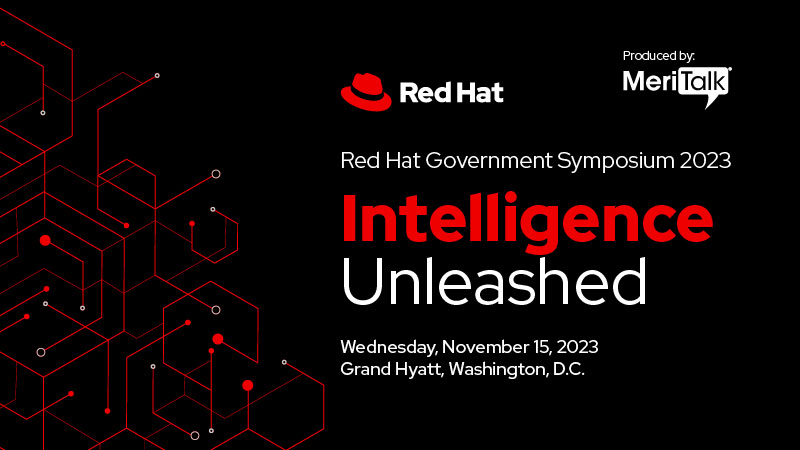
Adopting artificial intelligence (AI) and machine learning (ML) capabilities is not a new notion for the National Geospatial-Intelligence Agency (NGA). And as technology continues to evolve, the GEOINT agency continues to find more ways of using AI/ML capabilities to evolve how it meets mission outcomes, while managing its people and processes.
Rachael Martin, director of the NGA Maven Office, offered some insight this week into NGA’s recent AI/ML efforts, including the transition of the Department of Defense’s (DoD) Project Maven, now named Program Maven.
Last year, the NGA assumed operational control of DoD’s Project Maven, now named Program Maven.

The Pentagon established Project Maven in 2017 to speed up the integration of AI, big data, and ML technologies. But as the agency leading DoD’s GEOINT AI and ML efforts, NGA was given operational control of Program Maven’s GEOINT AI services and capabilities from the Office of the Under Secretary of Defense for Intelligence and Security (OUSD I&S).
That includes responsibility for labeled data, AI algorithms, test and evaluation capabilities, and the platform.
“One of our main goals, as we transition the then project Maven from the OUSD I&S, was to take what had been a really fantastic pathfinder for AI/ML and give it some stability and long-term planning so that the warfighter would have confidence that these capabilities would be enduring for them,” Martin said during a Federal News Network webinar on Oct. 24.
Martin explained that NGA is moving Program Maven through a relatively new software acquisition pathway within the DoD and expects that this approach will maintain some characteristics of Program Maven “and start having a good sense of what [Program Maven] will look like in a few years,” she said.
“We’re committed to maintaining the agility, flexibility, and speed that the project was known for under OUSD I&S,” Martin said.
However, Program Maven is just one of NGA’s many AI/ML initiatives underway. One of the most critical initiatives underway is the development of the GEOComm on Data and AI Subcommittee, according to Martin.
“The idea is that this will be a forum where we can start taking some of the standards and approaches that may have been best practices in NGA or within Maven and promulgate them more broadly to the greater do and community,” Martin said.
In addition, the agency has established a Responsible AI Training initiative, which will provide anyone within the agency or the GEOINT community responsible for or with a role in AI development. The training initiative will include standards and expectations that participants need to meet to be certified in “responsible AI.”
“It’s focused on making sure everybody understands what the risks are across the entire development lifecycle for AI,” Martin said.
Historically, NGA has leveraged AI and applied ML algorithms to enable GEOINT analysis at scale. However, just as the public has become more aware of AI and some of the power behind the technology, so has the agency.
“At NGA, we also have had the same realizations and have worked really hard to be ahead of the AI game, especially with responsible AI efforts,” Martin said.
